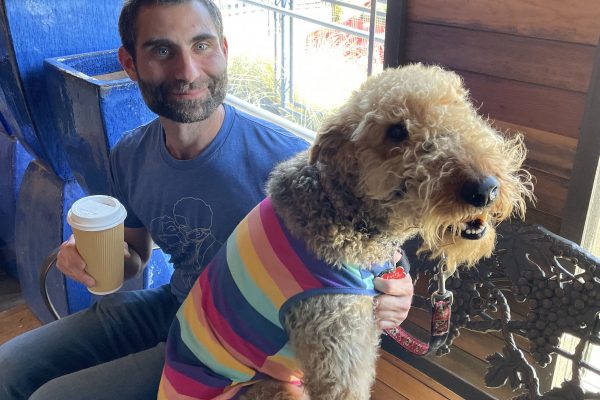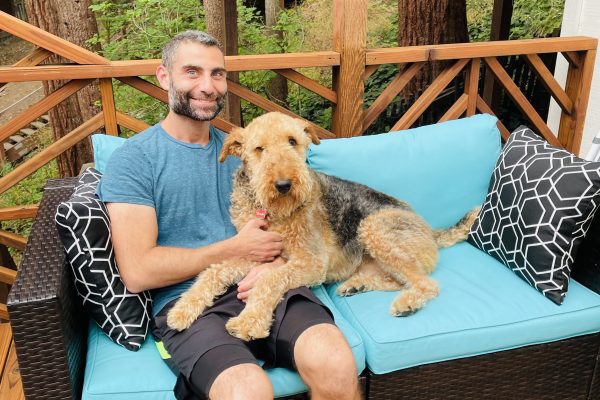My clients would describe me as well attuned, disarming, humorous, caring, perceptive, and reliable. I make a strong, intentional, and planned effort to show up as completely available to my clients as I can be. That effort involves receiving my own therapy, taking care of my physical health, reading more about the interventions I use as a therapist, taking trainings, engaging in consultation with other therapists, and having fun and connecting with those I love in my life outside of work as a therapist.
Things outside of my role as a therapist that I enjoy and also help me be a better therapist include running, cuddling with my dog Fozzy, spending quality time with my husband, listening to podcasts about sports (especially the NBA), watching clips from Drag Race, working out while listening to albums I’ve not heard before recommended by music critics, watching sports, viewing and discussing humanistic, imaginative, and thought-provoking tv shows and films, going on walks in nature, scrolling Instagram for clever and stupid memes, playing Super Mario and Legend of Zelda, and reading non-fiction books and graphic novels.



